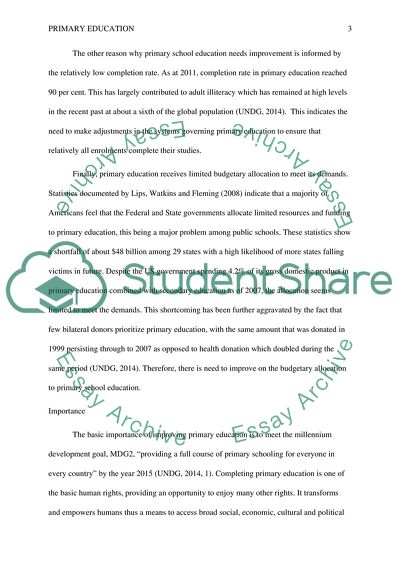Cite this document
(Why and How Can We Improve Primary Education Report Example | Topics and Well Written Essays - 1250 words, n.d.)
Why and How Can We Improve Primary Education Report Example | Topics and Well Written Essays - 1250 words. https://studentshare.org/education/1852933-why-and-how-can-we-improve-primary-education
Why and How Can We Improve Primary Education Report Example | Topics and Well Written Essays - 1250 words. https://studentshare.org/education/1852933-why-and-how-can-we-improve-primary-education
(Why and How Can We Improve Primary Education Report Example | Topics and Well Written Essays - 1250 Words)
Why and How Can We Improve Primary Education Report Example | Topics and Well Written Essays - 1250 Words. https://studentshare.org/education/1852933-why-and-how-can-we-improve-primary-education.
Why and How Can We Improve Primary Education Report Example | Topics and Well Written Essays - 1250 Words. https://studentshare.org/education/1852933-why-and-how-can-we-improve-primary-education.
“Why and How Can We Improve Primary Education Report Example | Topics and Well Written Essays - 1250 Words”. https://studentshare.org/education/1852933-why-and-how-can-we-improve-primary-education.


